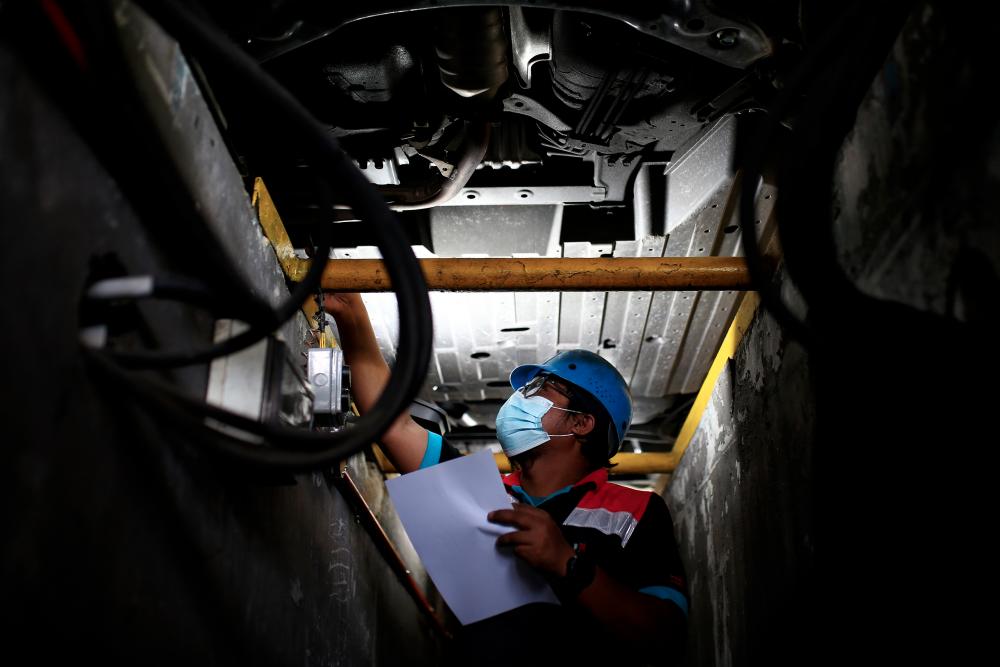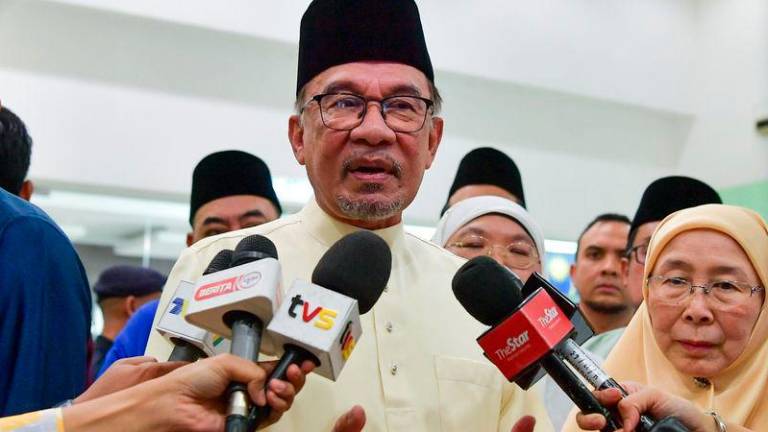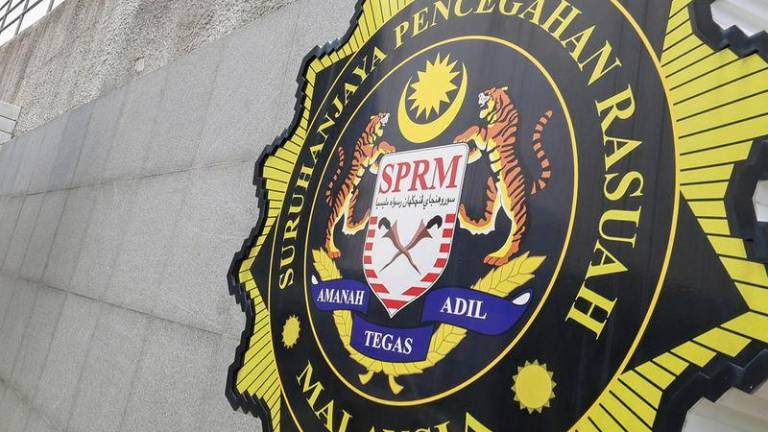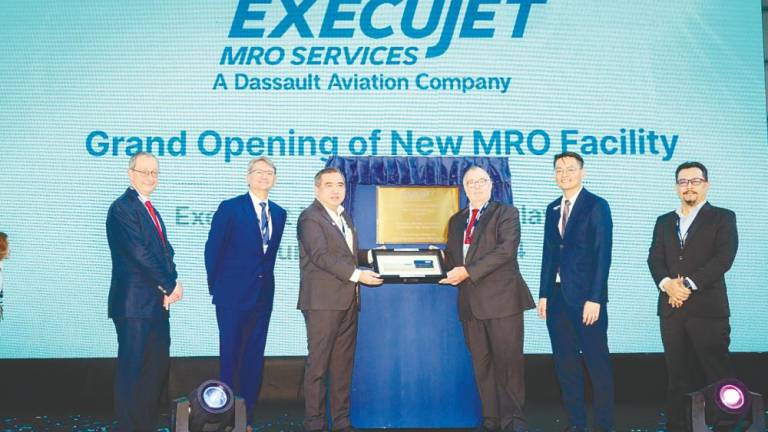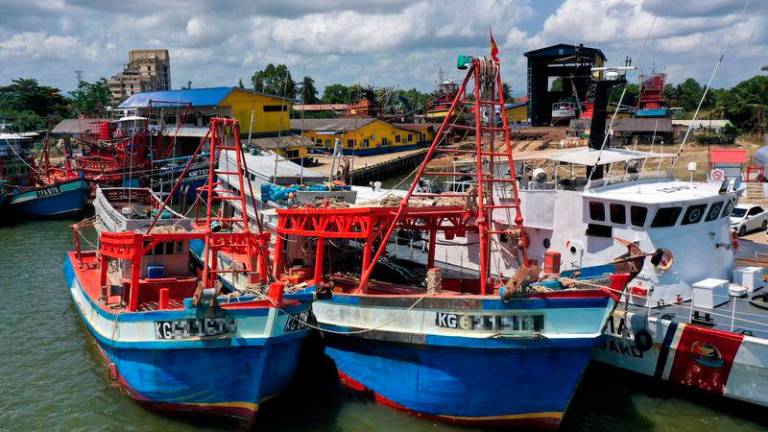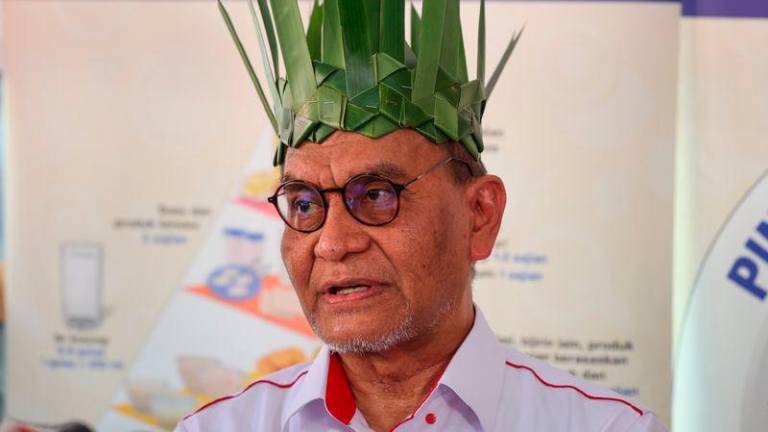KUALA LUMPUR: The implementation of new regulations for Vehicle Inspection Service Providers (VISPs) in Malaysia, coupled with advanced technologies, promises significant improvements in vehicle safety and service quality while addressing consumers’ concerns.
Additionally, consumers may also potentially benefit from shorter wait times, said Malaysia Institute of Transport (MiTRANS) director and Universiti Teknologi MARA (UiTM) Associate Professor Wan Mazlina Wan Mohamed to Bernama while discussing the government’s decision to end Puspakom’s three-decade monopoly.
Last month, Transport Minister Loke Siew Fook said Puspakom will no longer be the sole provider of vehicle inspection services for the road transport department from Sept 1, 2024.
He said the Cabinet has decided that vehicle inspection services will be opened to all qualified parties, adding that new VISPs must meet financial thresholds of RM10 million in paid-up capital and RM5 million in working capital, ensuring only financially stable providers enter the market.
ALSO READ: Open vehicle inspections to competition
Wan Mazlina said that these stringent financial requirements would signify that inspection facilities will be equipped with the latest diagnostic tools and advanced technology.
“Through the integration of technology and embracing automation, we have the opportunity to substantially reduce consumer wait times by improving the efficiency and accuracy of vehicle inspections.
“This strategic investment empowers VISPs to streamline inspection processes and minimise human errors, thus increasing public satisfaction and trust,” she said.
She noted that such investments would also enhance the reliability and consistency of inspections, aligning Malaysia’s vehicle safety standards with international benchmarks such as ISO 17020 and ISO 17025.
Expanding the locations of VISPs could lead to significant reductions in consumer wait times, addressing the pressing issue faced by those seeking vehicle inspections today, said Wan Mazlina.
“However, the high capital requirements may limit the number of new entrants, particularly in rural areas with lower demand, potentially stifling competition.
“While the aim is to decentralise services and improve access across urban and rural locations, the high capital investment required could deter new entrants, inadvertently concentrating services in more profitable urban areas,“ she said.
Despite these challenges, Wan Mazlina is confident that competition among qualified VISPs would lead to more competitive pricing.
ALSO READ: Anthony Loke: HeiTech Padu contract awarded via open tender
She also emphasised the importance of maintaining high standards of service quality, safety, and integrity, which are crucial for consumer satisfaction.
This could also expedite a return on investment for VISPs, offsetting the high initial costs over time.
“At the same time, the new VISPs must strictly adhere to rigorous quality assurance programmes and regulatory requirements.
“Regular audits, transparent processes, and ongoing staff training will be essential to sustain the high standards expected by both the public and relevant stakeholders,“ she added.



